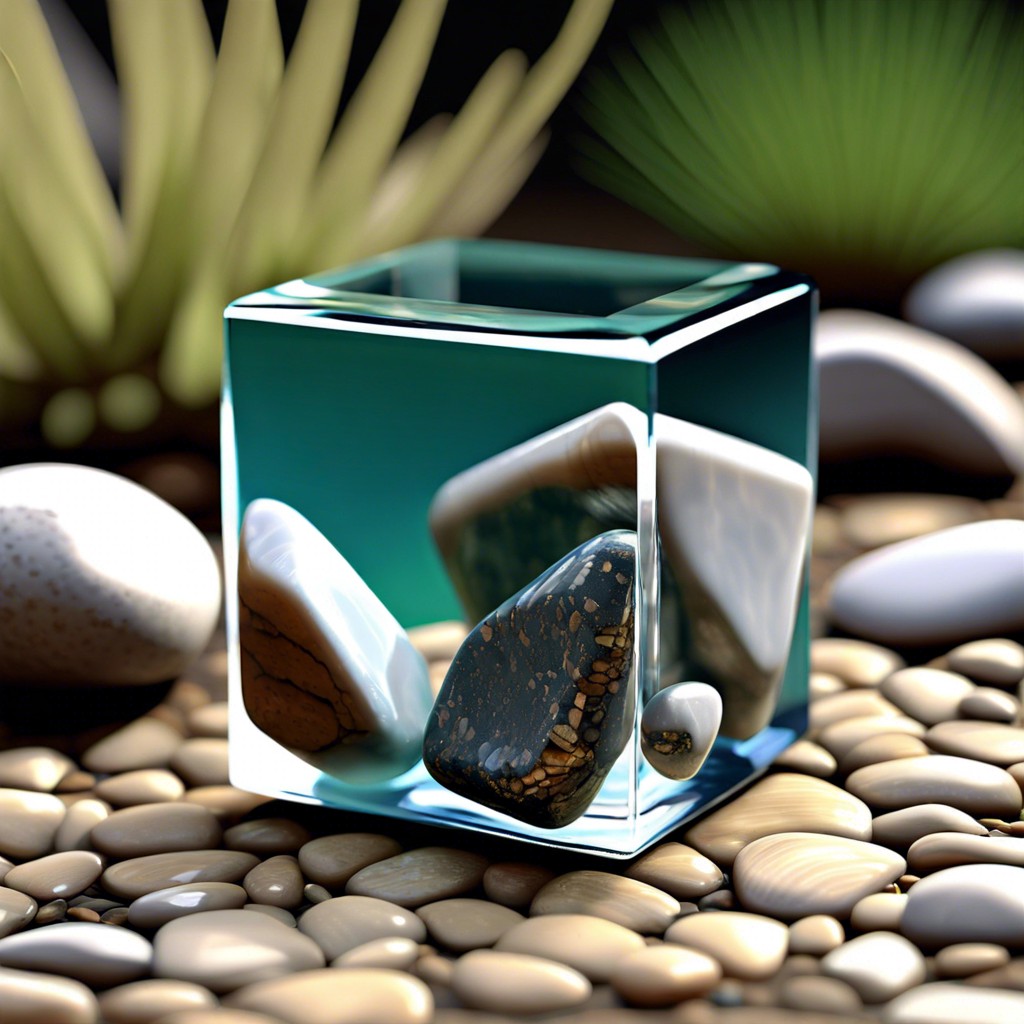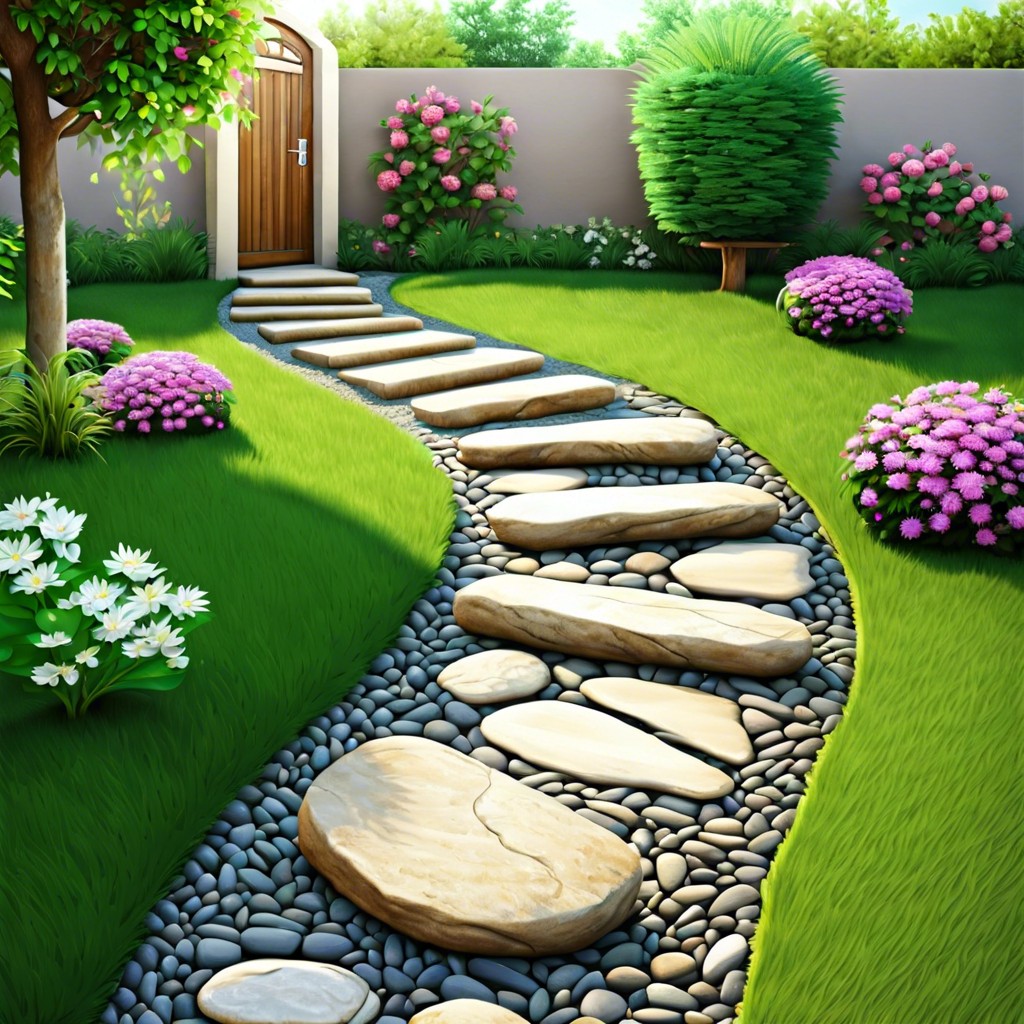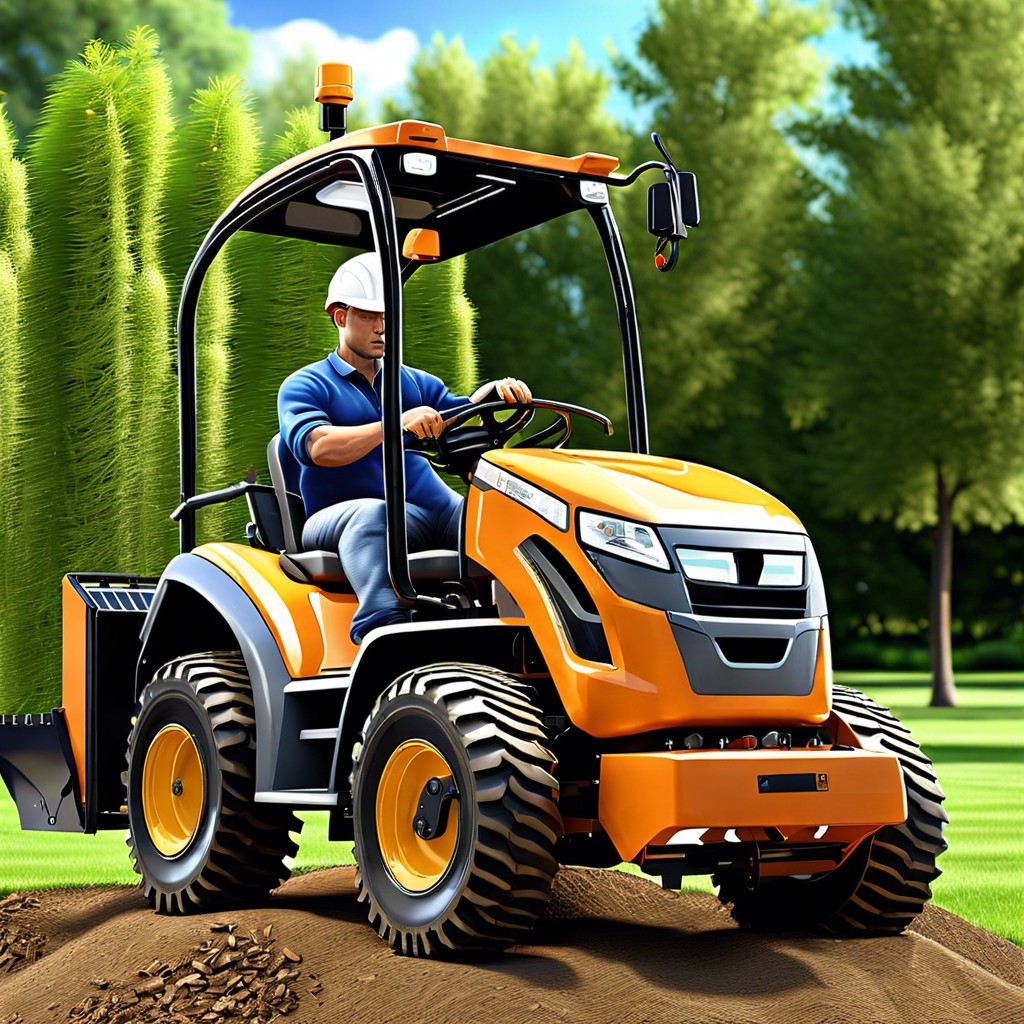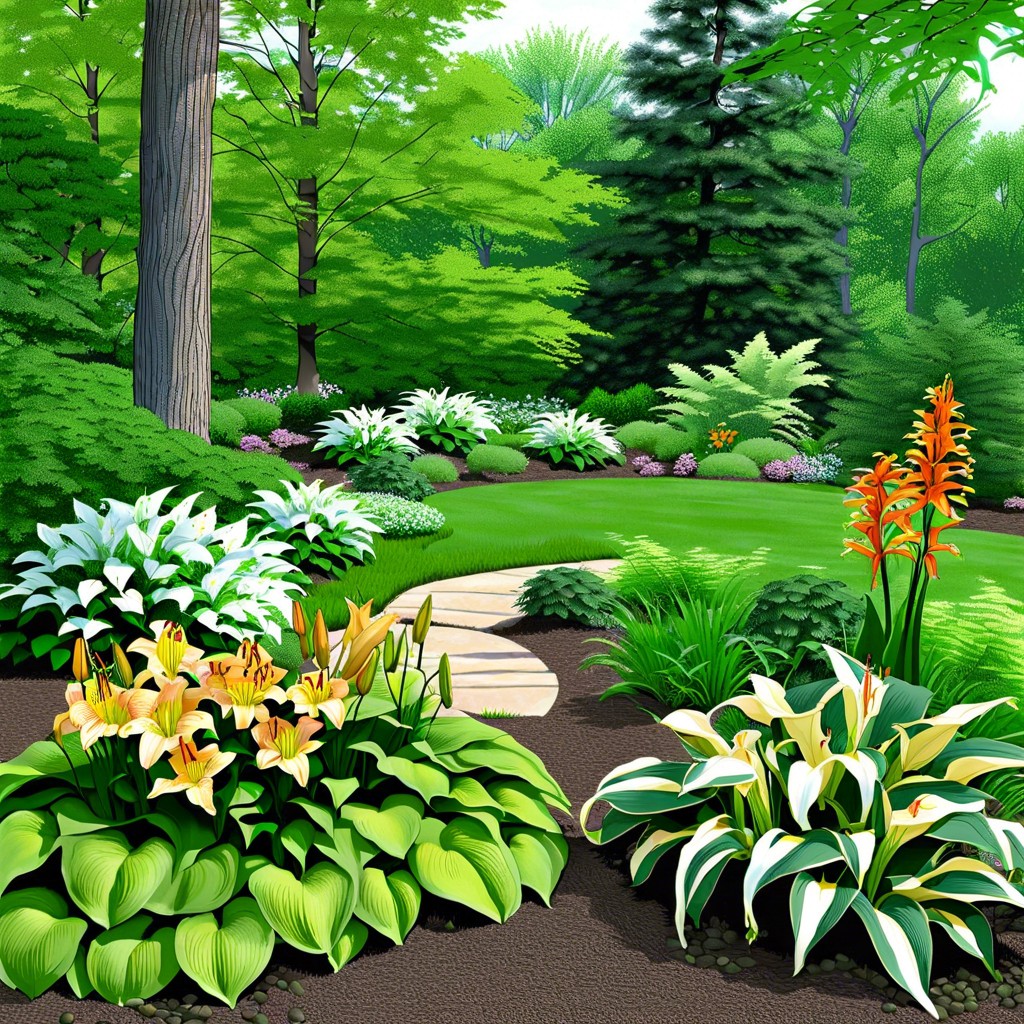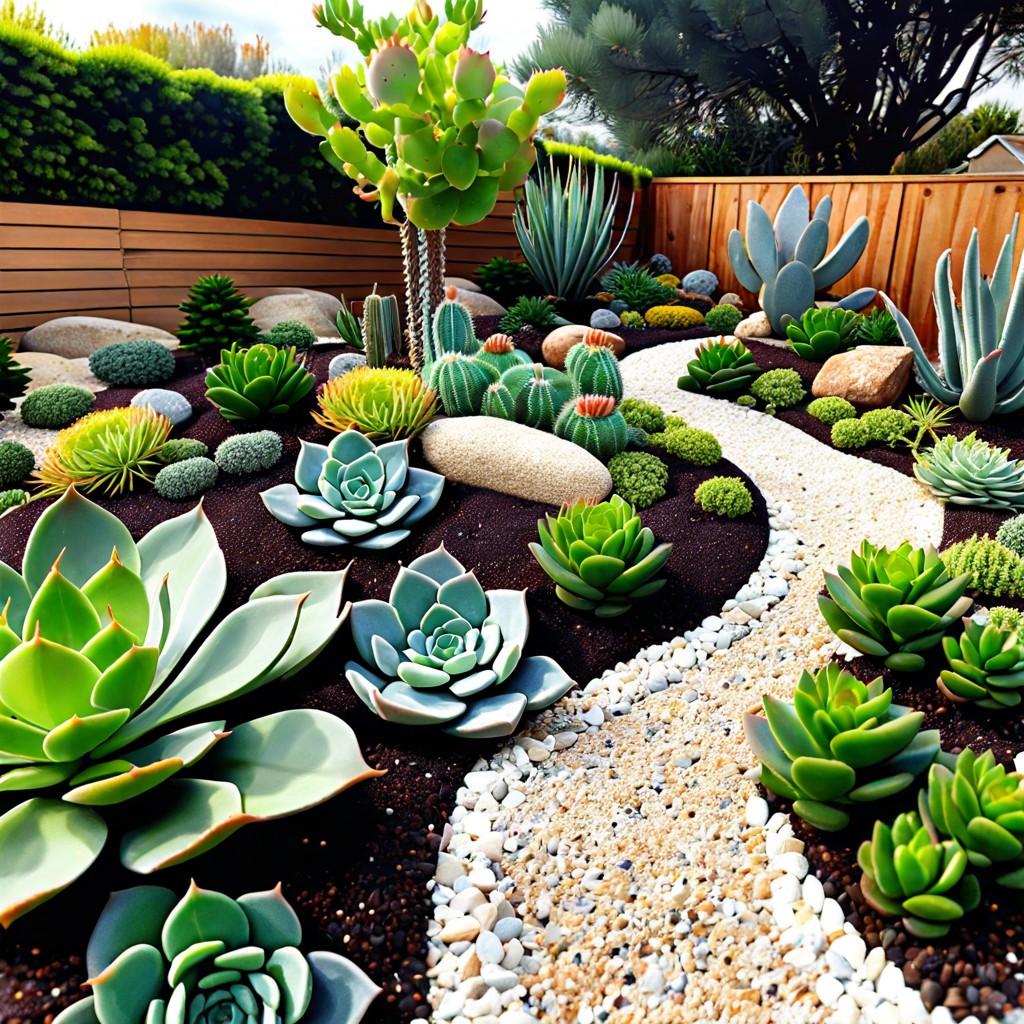Landscaping is an effective way to increase your home’s curb appeal. You can use plants, trees, shrubs, and other foliage to create a visually pleasing aesthetic.
Are you looking for ways to make your home stand out from the crowd and increase its curb appeal? Landscaping is one of the most effective ways to do just that. With a little bit of creativity, you can create an attractive outdoor space that will draw the eye and boost your home’s value.
In this blog post, we’ll look at some tips on how to use landscaping to improve your home’s exterior appearance.
Add Trees and Shrubs
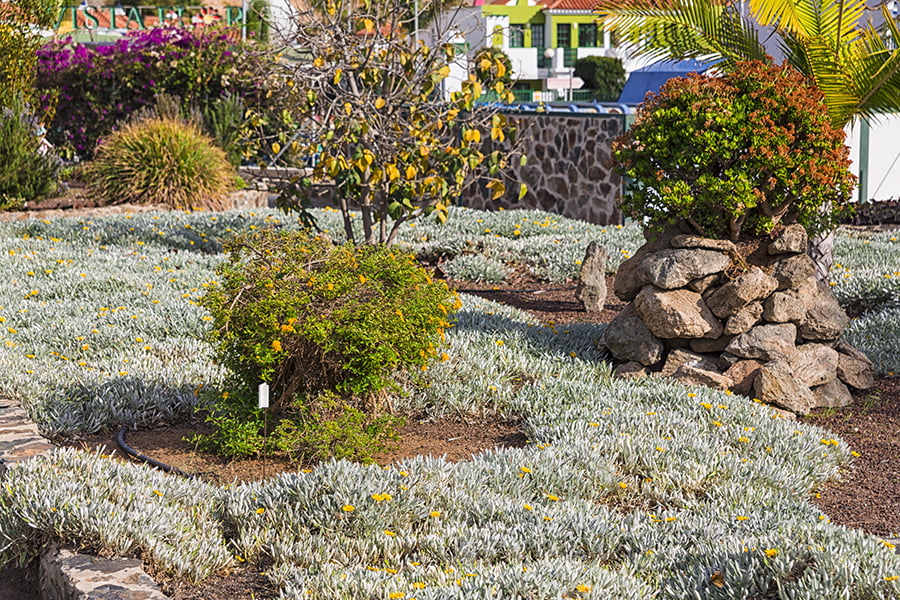
Trees and shrubs provide a natural, attractive look that can draw the eye of passersby. They also provide shade, privacy, and protection from wind and noise.
They help reduce energy costs by providing insulation in the summer months. When selecting trees or shrubs for your landscape design, consider their size at maturity so you don’t end up with overgrown plants that detract from the overall aesthetic of your home’s exterior.
Also think about how much maintenance they will require; some species may need more frequent pruning than others. Make sure you choose plants that are suitable for the climate in which you live so they will thrive in their new environment.
Plant Flowers
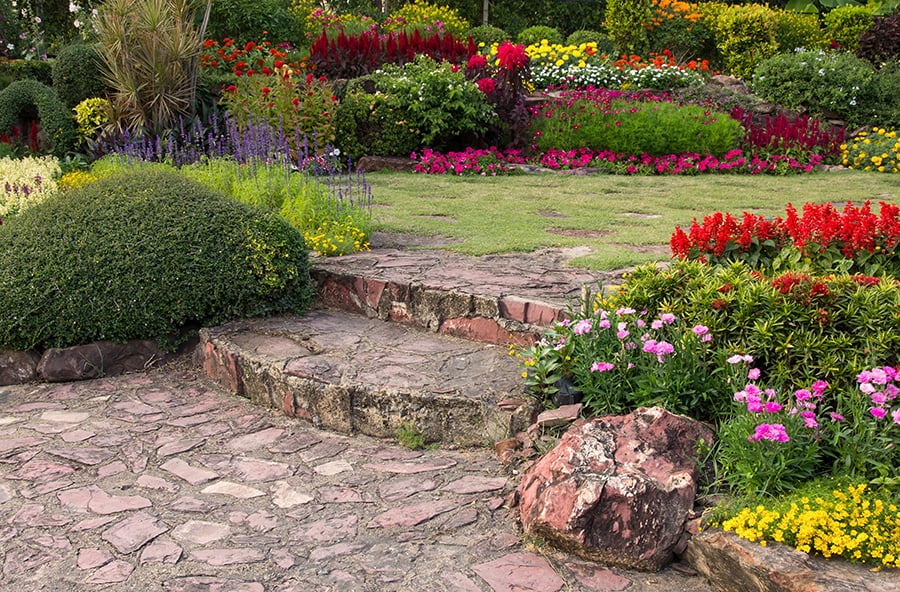
Flowers can add color, texture, and life to any outdoor space. They also attract pollinators like bees and butterflies, which can help create a more vibrant garden.
When choosing flowers for your landscaping project, consider the climate in which you live as well as the amount of sunlight available in the area. Think about how much maintenance you are willing to do; some plants require more care than others.
Once you have chosen the right type of flower for your landscape design, make sure to plant them correctly so they will thrive and bloom throughout the season.
Install a Walkway or Path
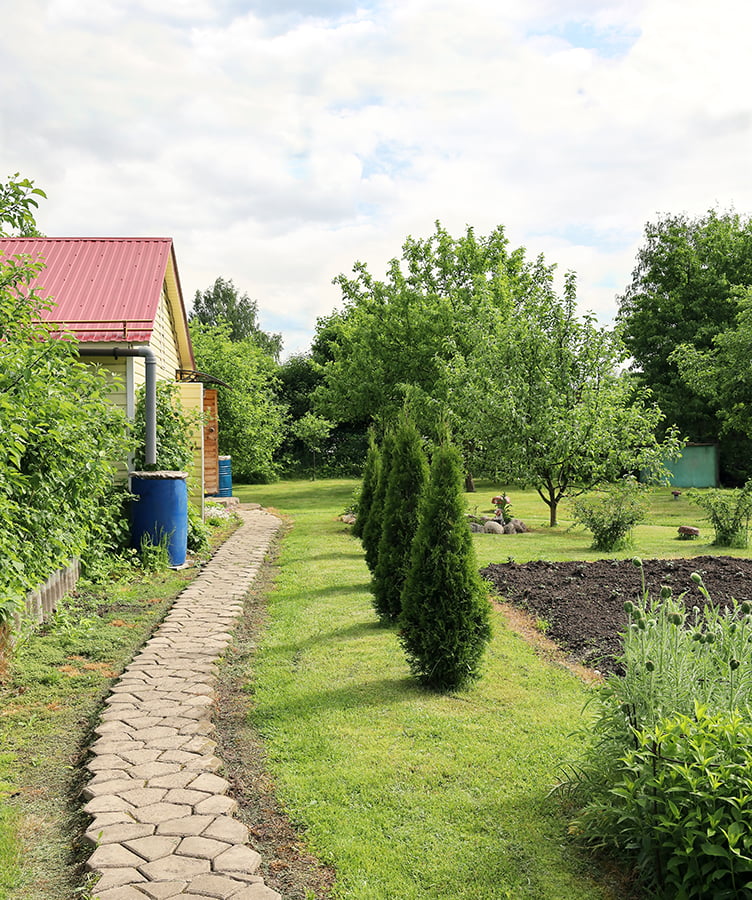
A well-designed and constructed pathway can add visual interest to the front of your house, while also providing a safe and attractive route for visitors to follow. Paths can be made from a variety of materials, such as brick, stone, gravel, or even wood chips.
When designing the path, consider factors such as the size and shape of your yard, the style of your home’s exterior design elements (such as siding or roofing), and any existing landscaping features that you want to incorporate into the design. Make sure that there is enough space between plants and other objects so that people can easily walk along it without having to step over anything.
Ensure that all materials used are durable enough to withstand weather conditions in your area. With careful planning and thoughtful execution, installing a walkway or path will help boost your home’s curb appeal!
Add Outdoor Lighting
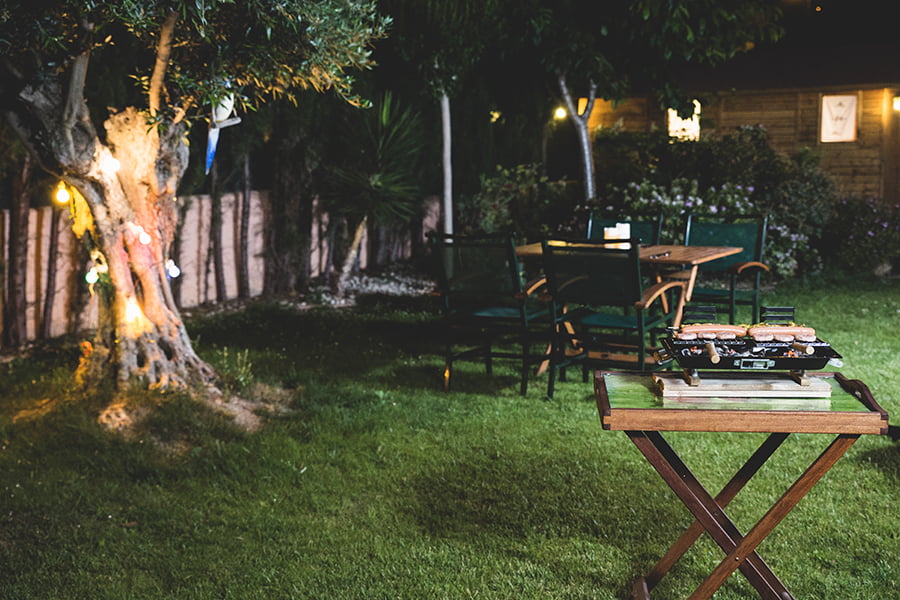
By strategically placing lights around the perimeter of your property, you can create a warm and inviting atmosphere that will draw attention to the landscaping features of your home. Outdoor lighting can also be used to highlight certain elements such as trees, shrubs, or pathways.
This type of lighting can be used in both residential and commercial settings and is available in a variety of styles and colors. With careful planning, outdoor lighting can help make your home stand out from the rest on the block!
Install a Fence or Wall
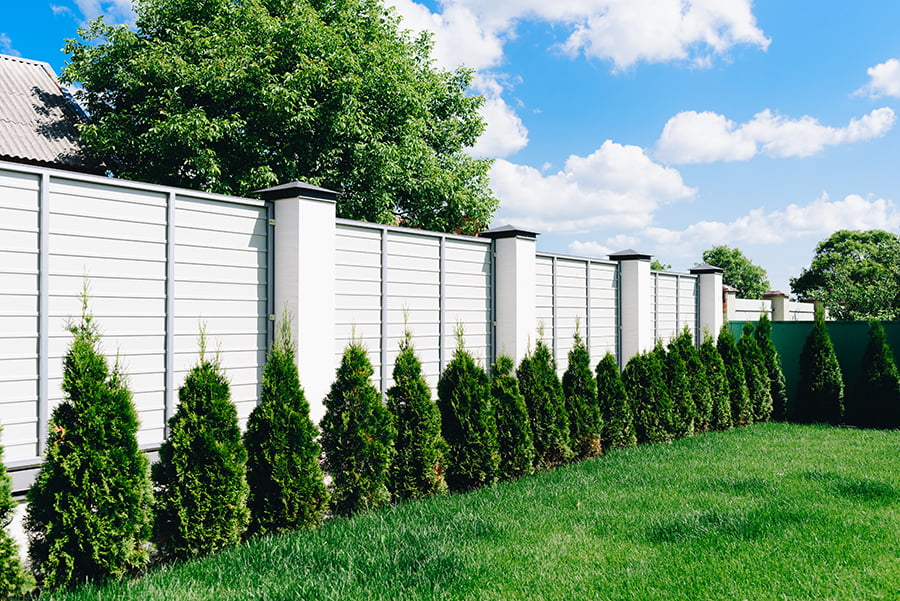
A fence or wall can provide privacy, security, and aesthetic value to your property. It also helps define the boundaries of your yard and create a sense of enclosure.
Depending on the type of material used, it can add texture and color to the landscape as well. Fences come in many different styles such as wood, vinyl, metal, stone, brick, and more.
Each has its own unique look that can be tailored to fit any style of home or garden design. Fences are relatively easy to install with minimal effort required from you.
With careful planning and consideration for local regulations regarding fencing materials and height restrictions you can easily create a beautiful addition that will enhance your home’s curb appeal while providing additional security for you and your family.
Create an Outdoor Seating Area
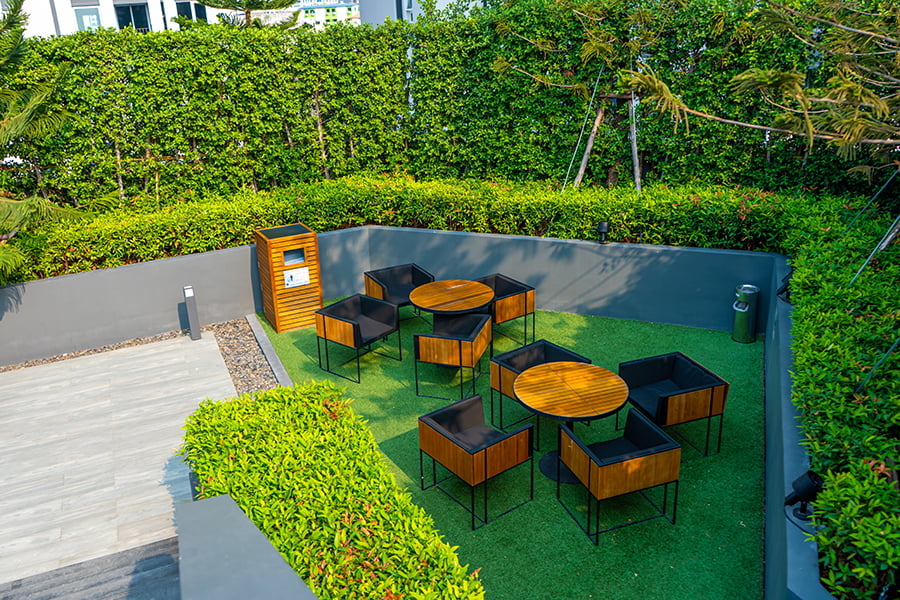
An outdoor seating area can provide a comfortable and inviting space for you, your family, and guests to relax and enjoy the outdoors. It can also be used as an extension of your living space, allowing you to entertain or just spend time with loved ones in the fresh air.
When designing an outdoor seating area, consider factors such as size, layout, materials used, furniture placement, lighting options and landscaping elements that will enhance the overall look of the space. Choose furniture pieces that are comfortable yet stylish and durable enough to withstand weather conditions.
Incorporate plants into the design for added color and texture; use trees or shrubs for privacy screening if needed. Finally add some lighting fixtures such as string lights or lanterns to create a cozy atmosphere at night.
With careful planning and thoughtful design choices you can create an attractive outdoor seating area that will boost your home’s curb appeal while providing a pleasant place for relaxation or entertaining guests.
Incorporate Water Features Such As Fountains or Ponds
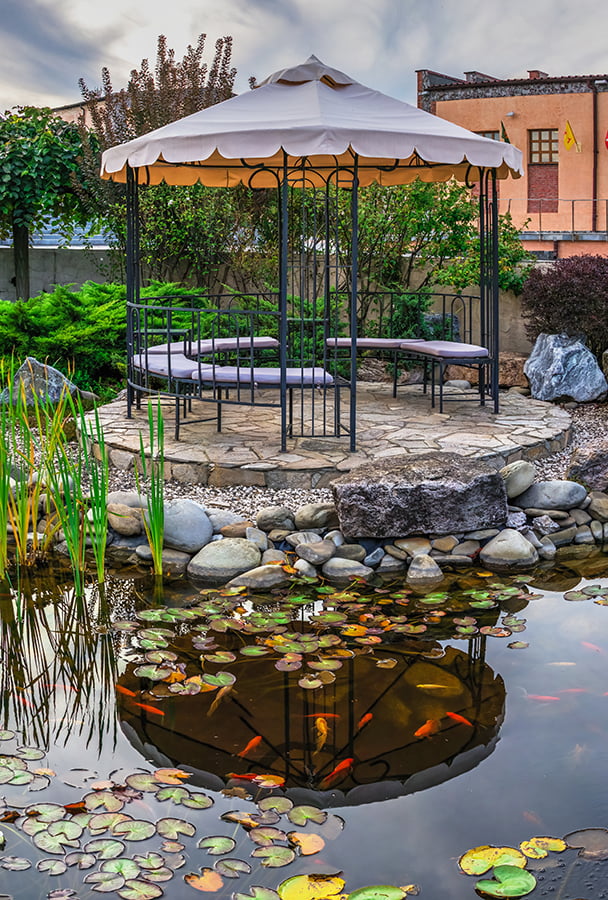
Fountains and ponds add visual interest, create a relaxing atmosphere, and provide an opportunity for wildlife to visit your yard. Fountains come in many shapes and sizes, from small tabletop models to large outdoor installations.
Ponds are also available in various sizes and styles, ranging from pre-formed plastic liners to custom-built natural stone designs. Both options require some maintenance but can be well worth the effort when it comes to improving the look of your home’s exterior.
Use Mulch to Define Flower Beds and Pathways
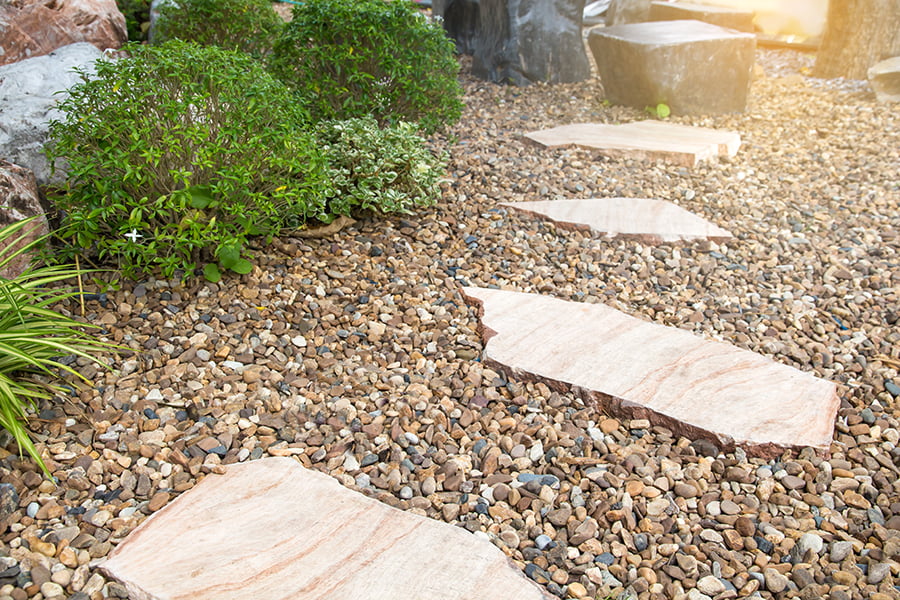
It can be used to create a neat, finished look that will instantly increase the curb appeal of your home. Mulch helps keep weeds away from plants, retains moisture in the soil, and prevents erosion.
It also adds color and texture to your landscape design. When choosing mulch for flower beds or pathways, consider the size of the area you are covering as well as its purpose.
For example, if you are using it around trees or shrubs, choose a larger-sized mulch such as bark chips or wood chips; for pathways or small areas between plants use smaller-sized mulches like gravel or pebbles.
Consider what type of material works best with your overall landscape design – organic materials like wood chips may blend better with natural surroundings while synthetic materials like rubber nuggets may work better in more modern designs.
